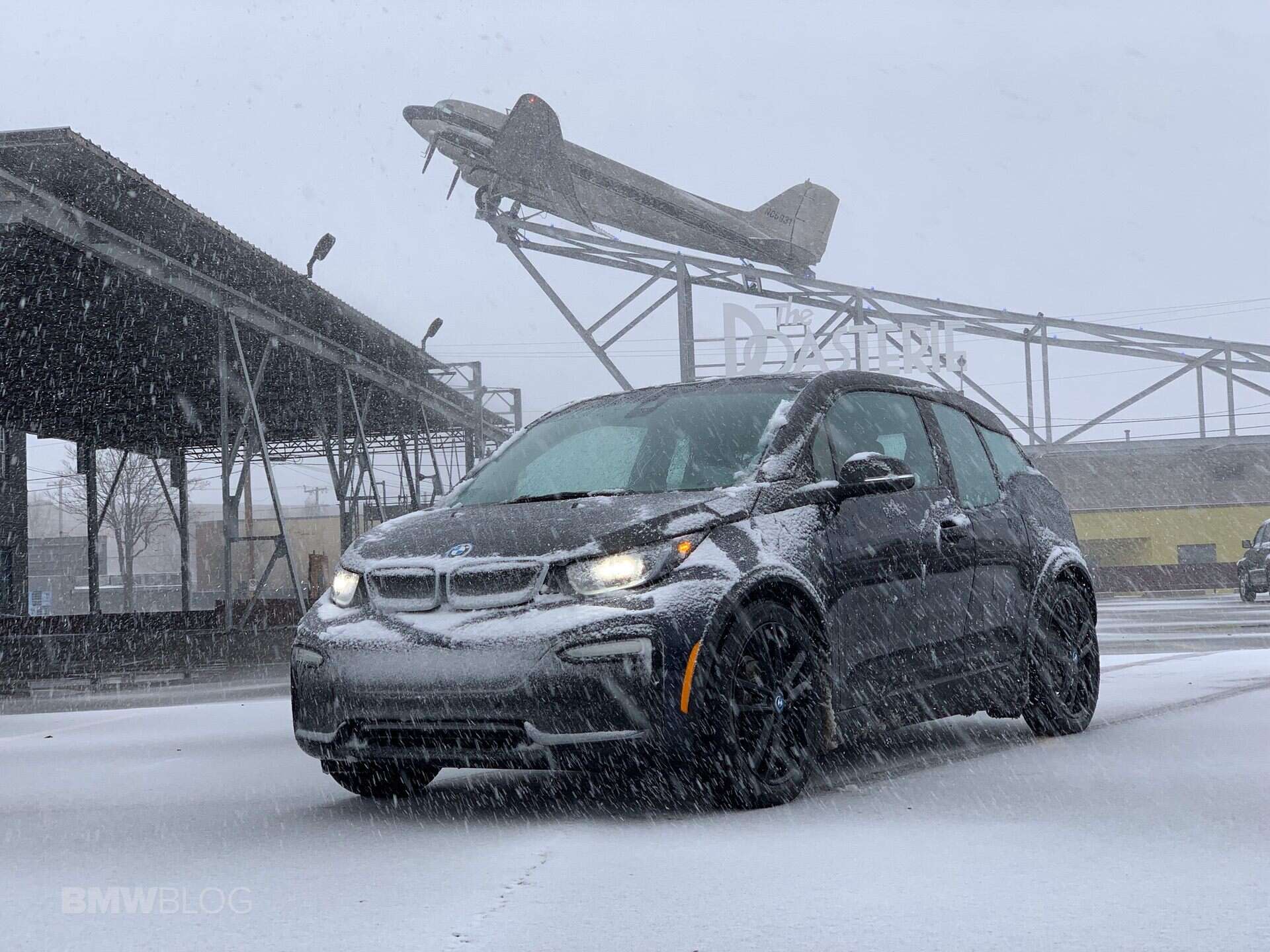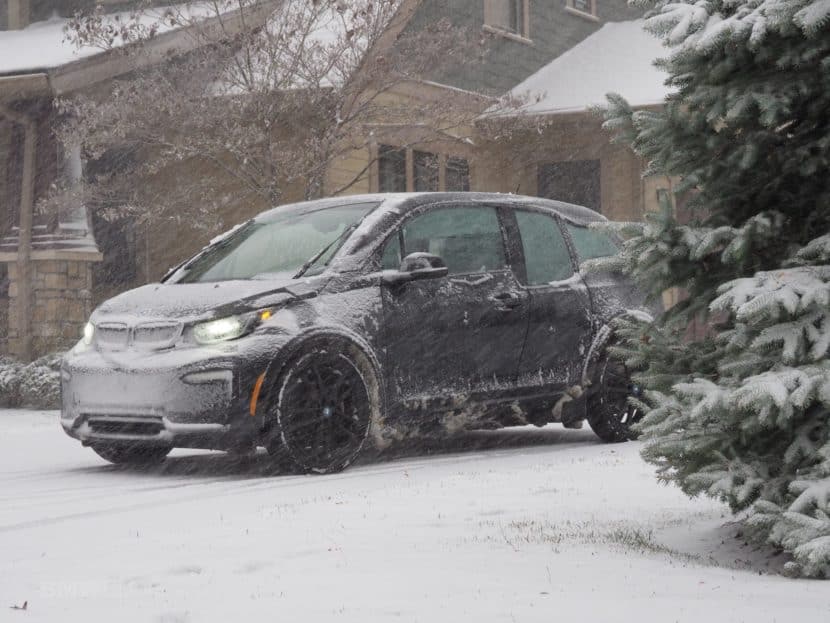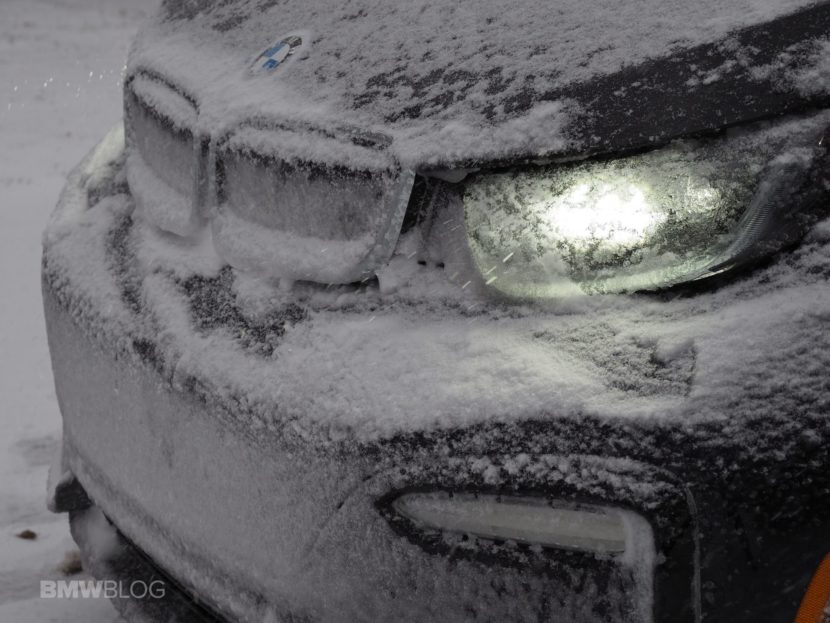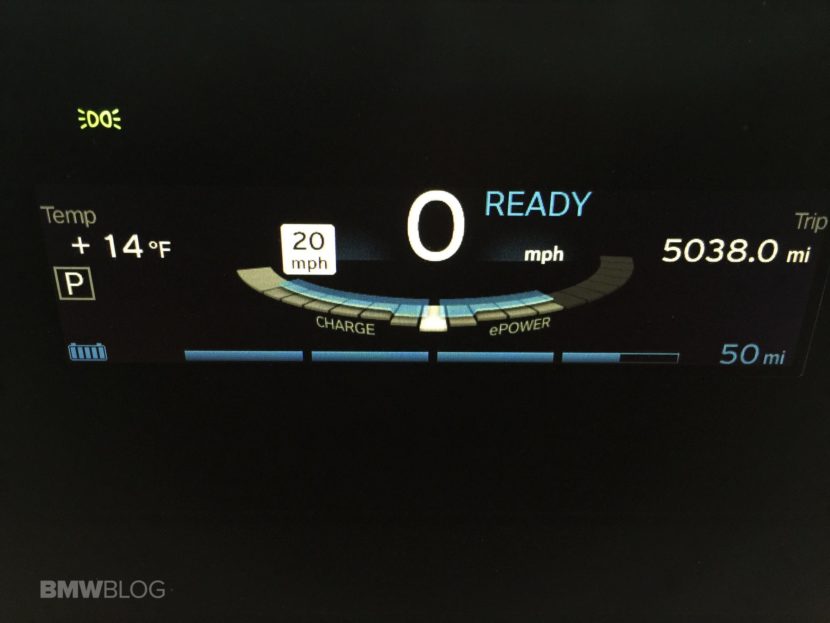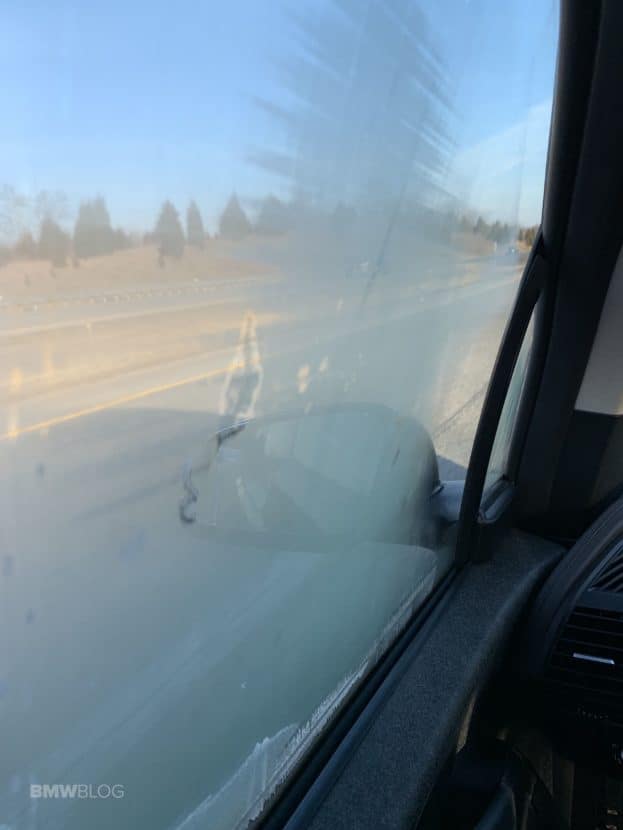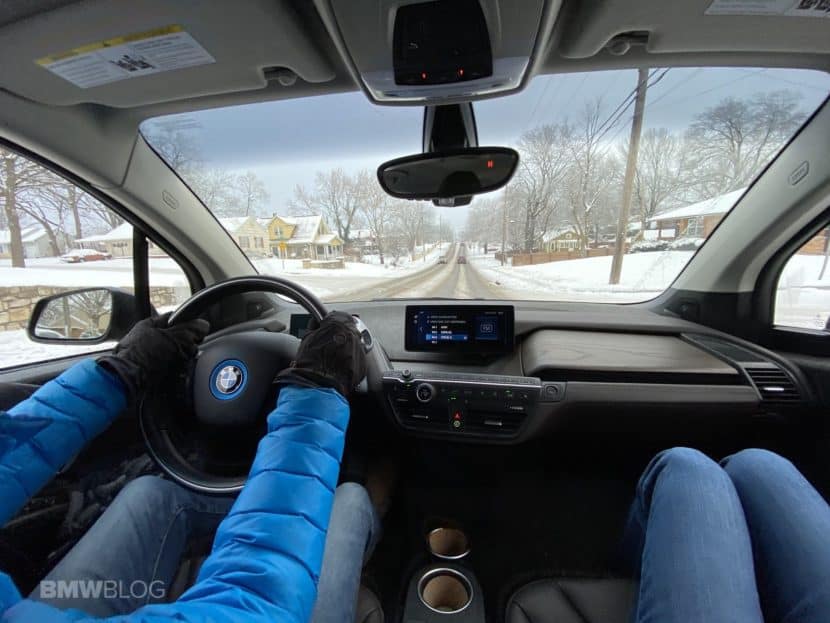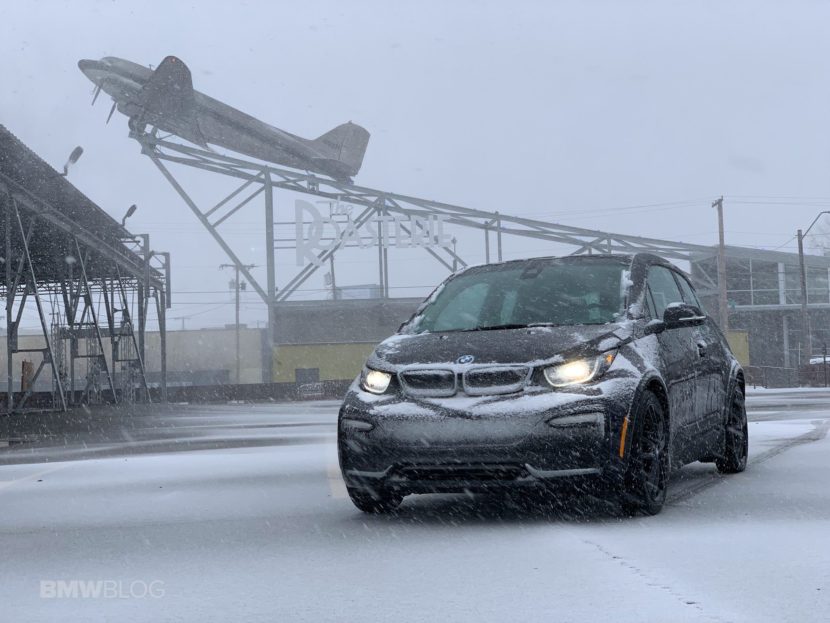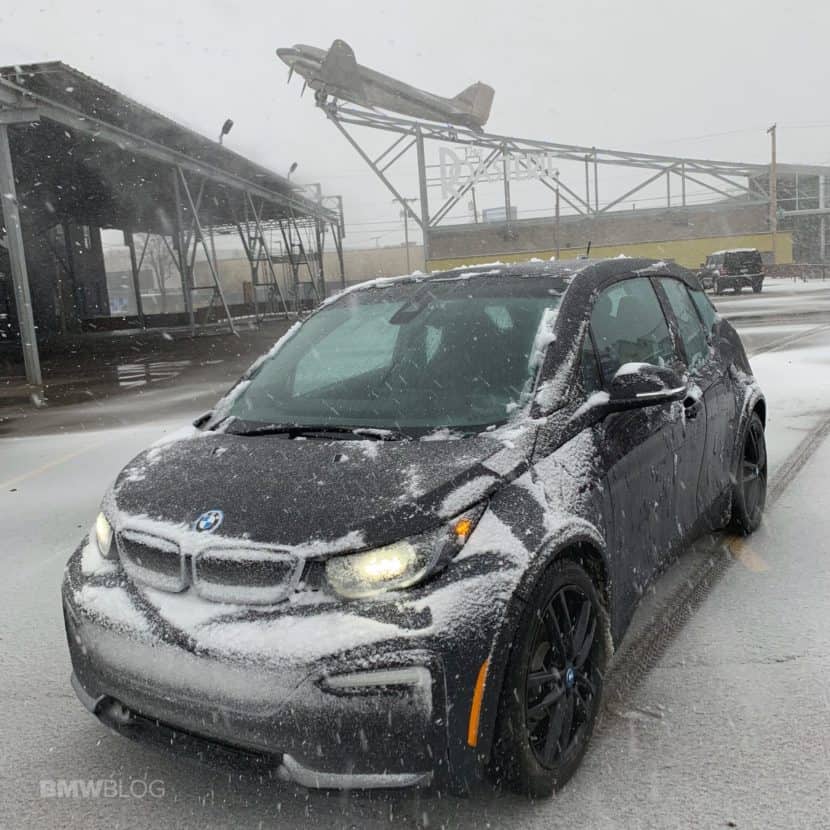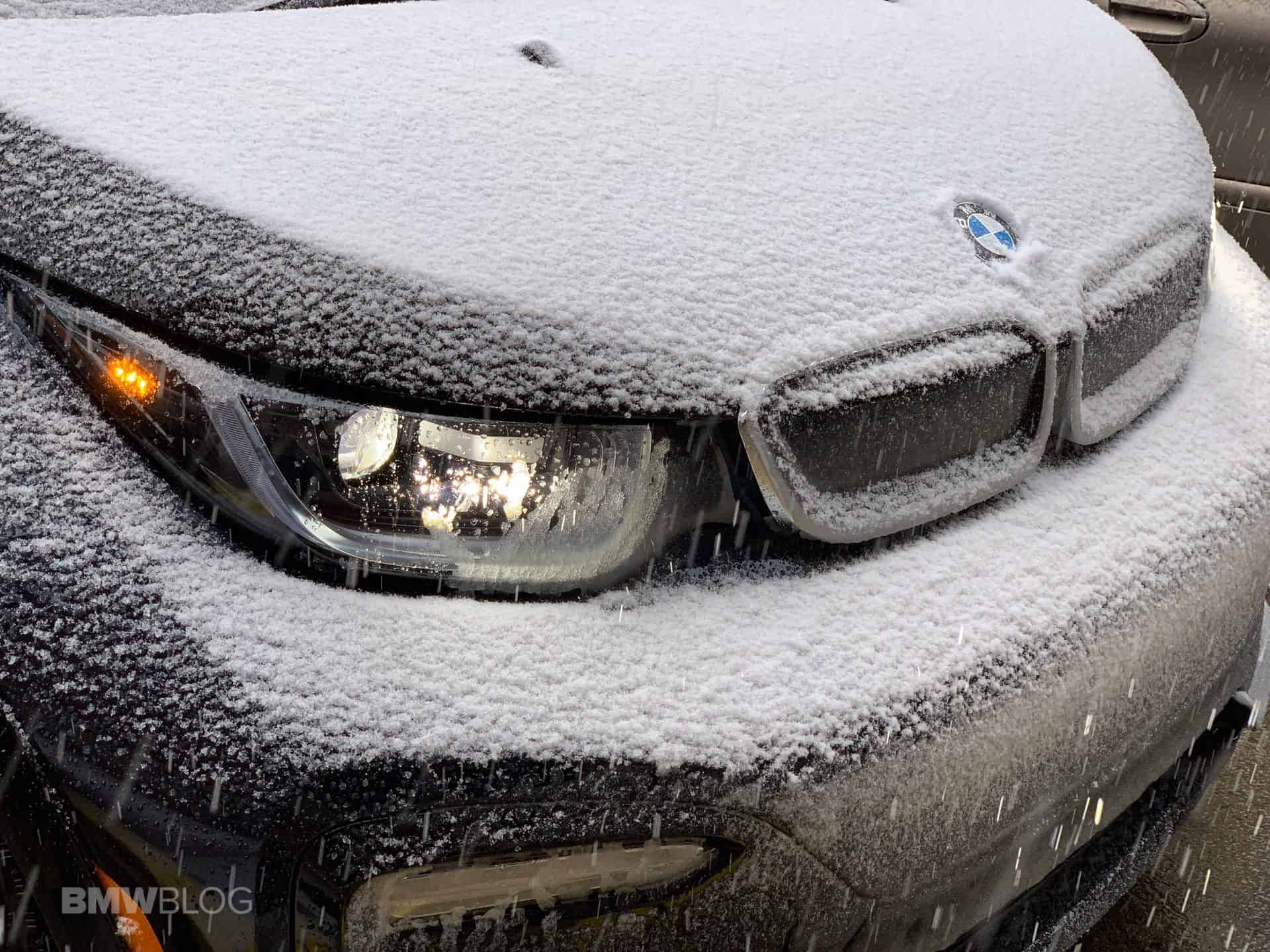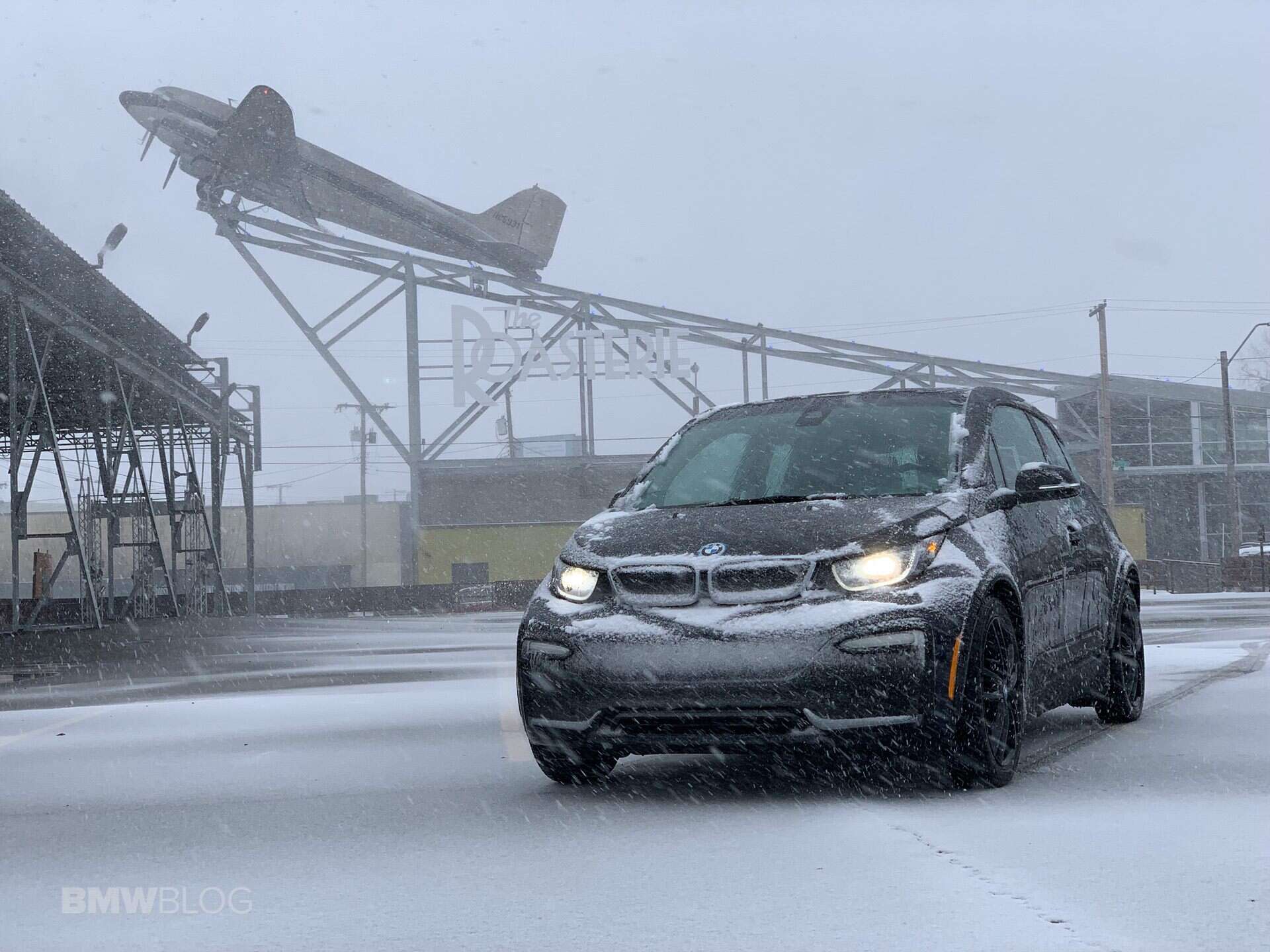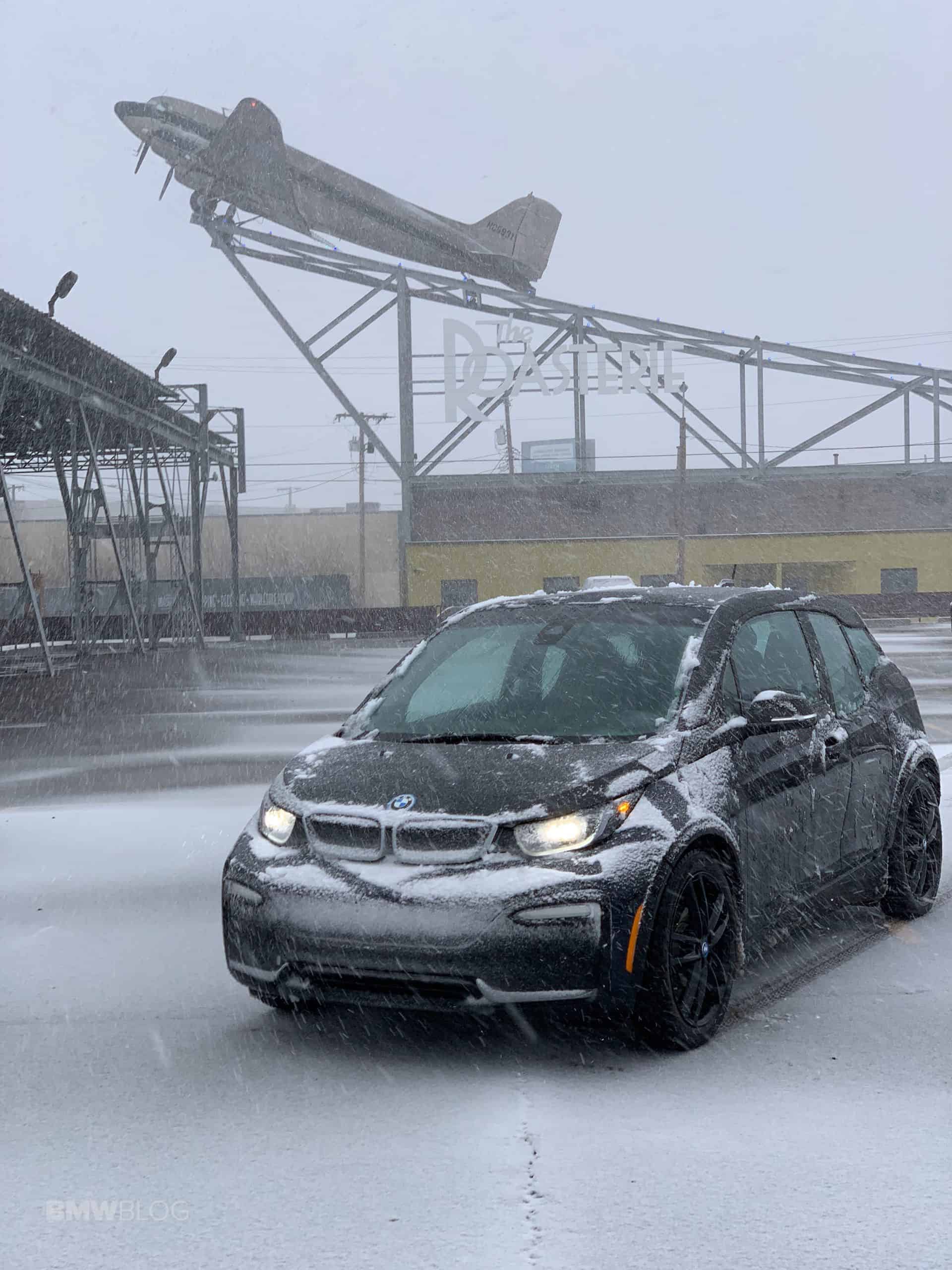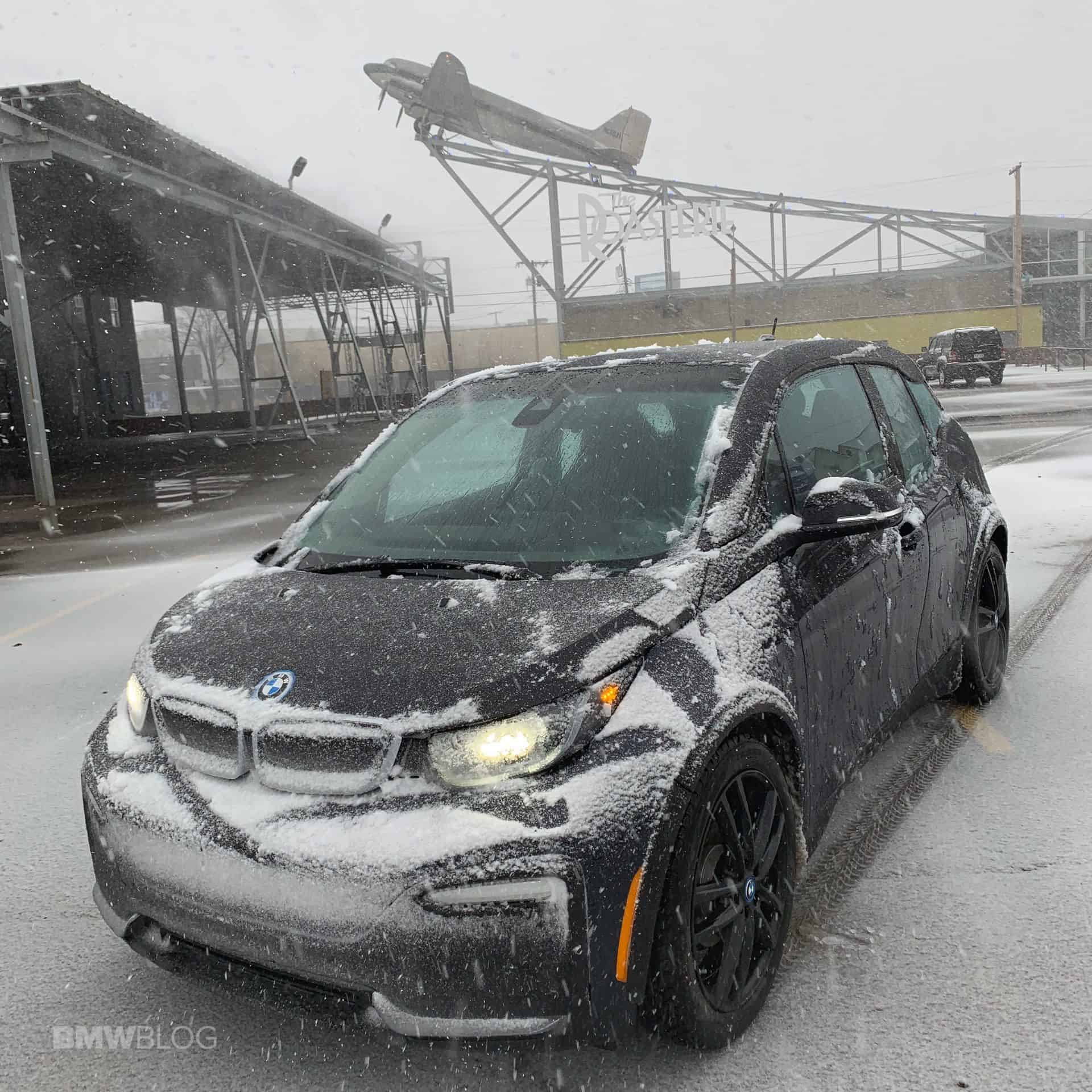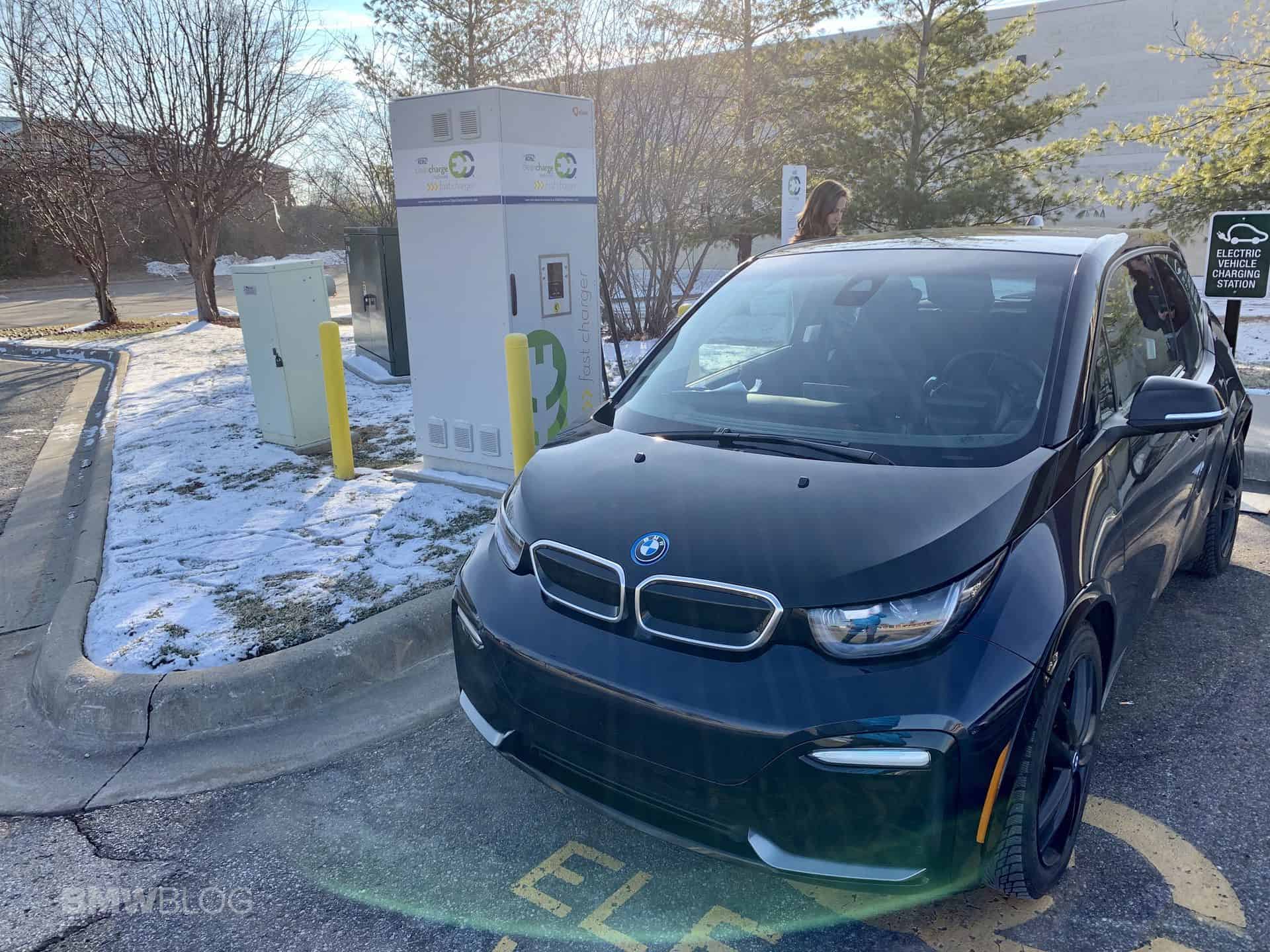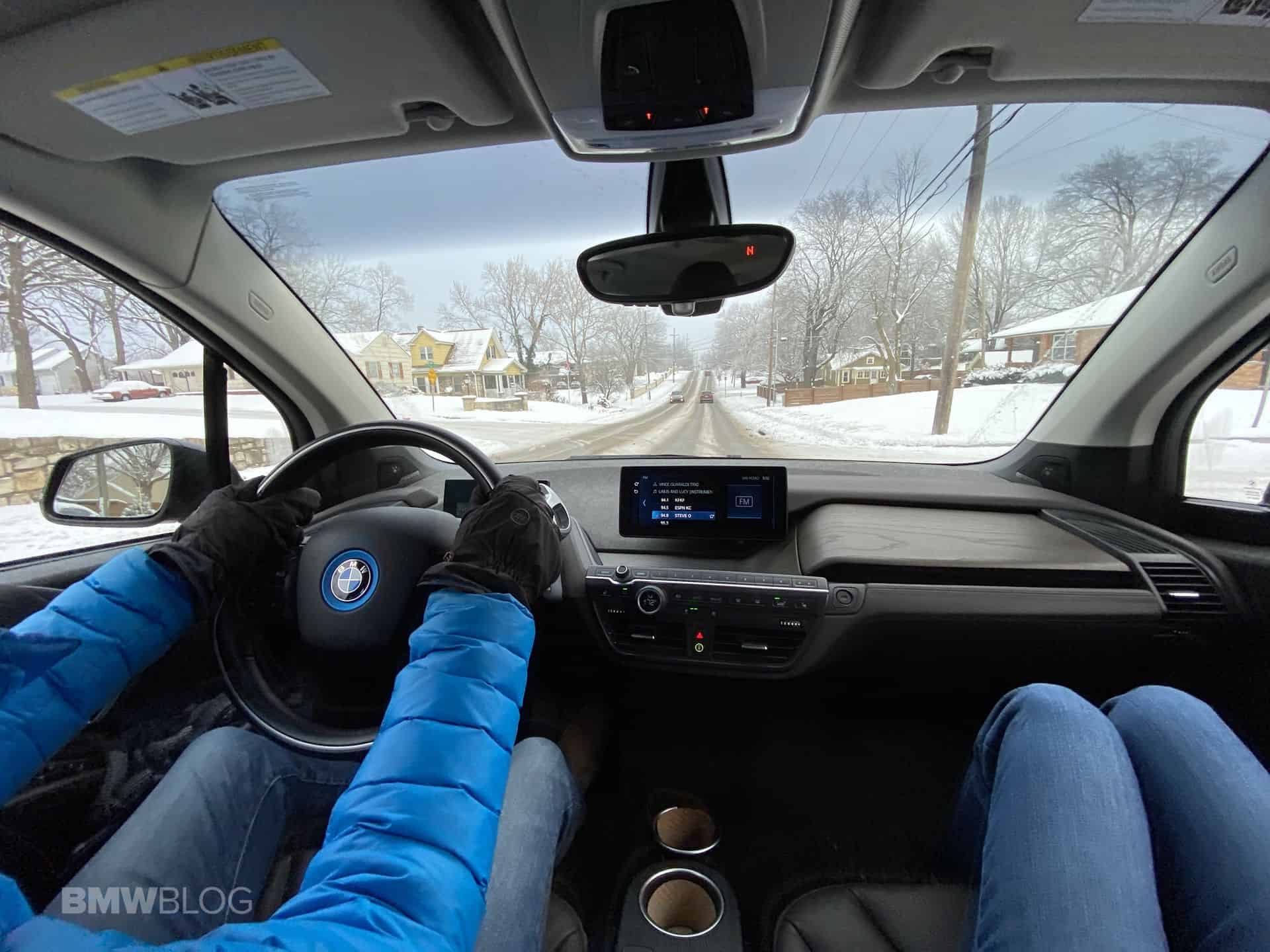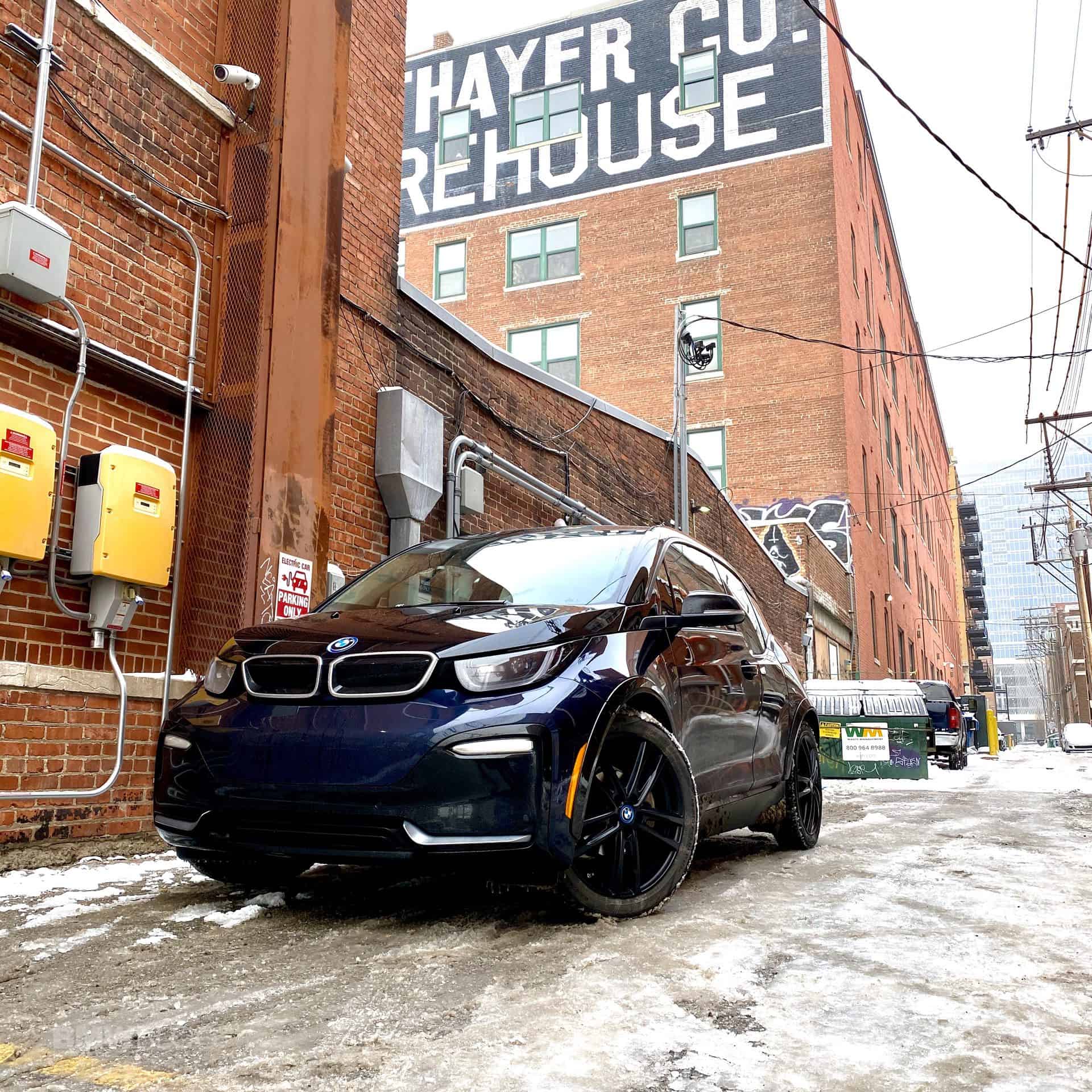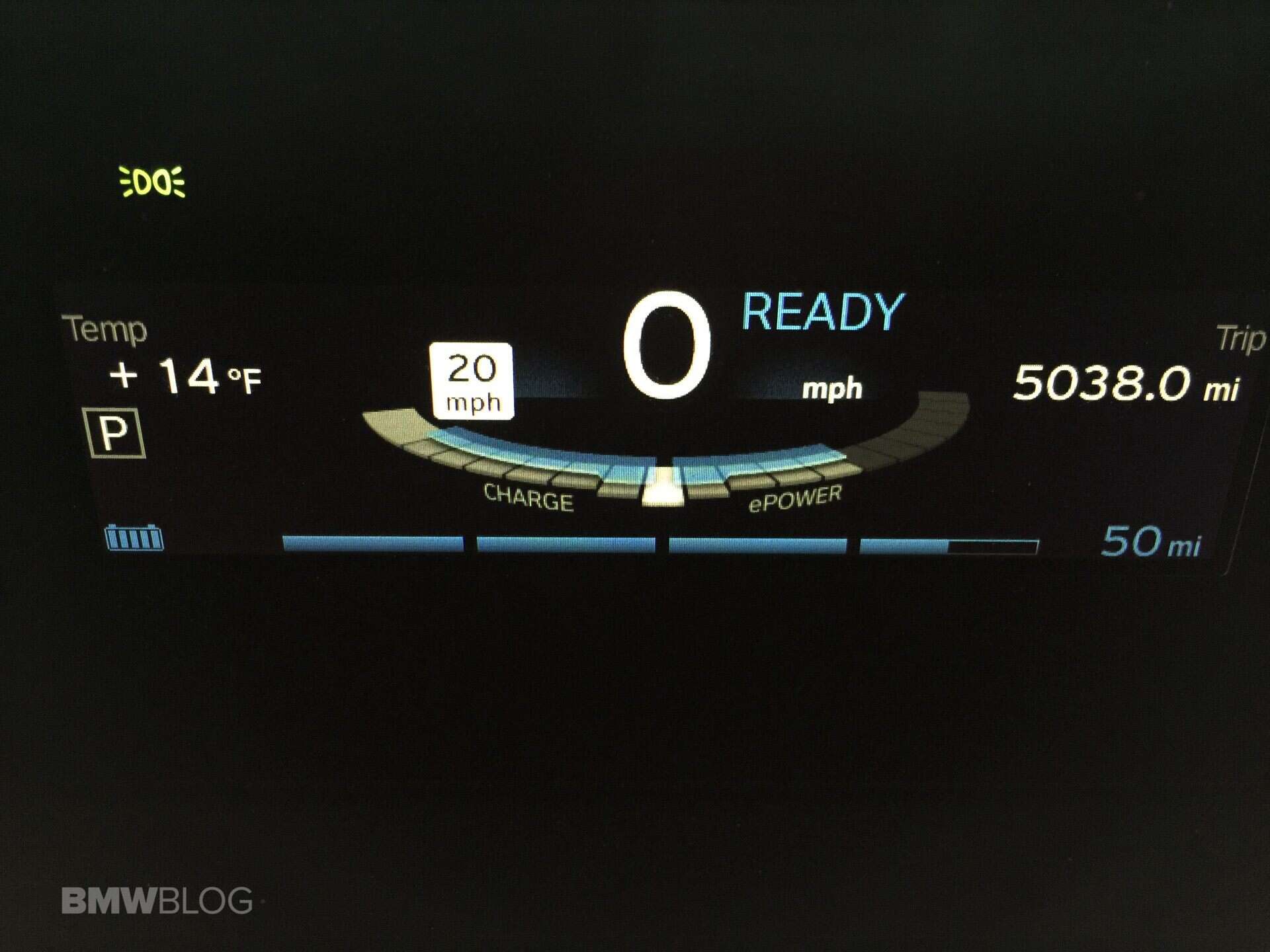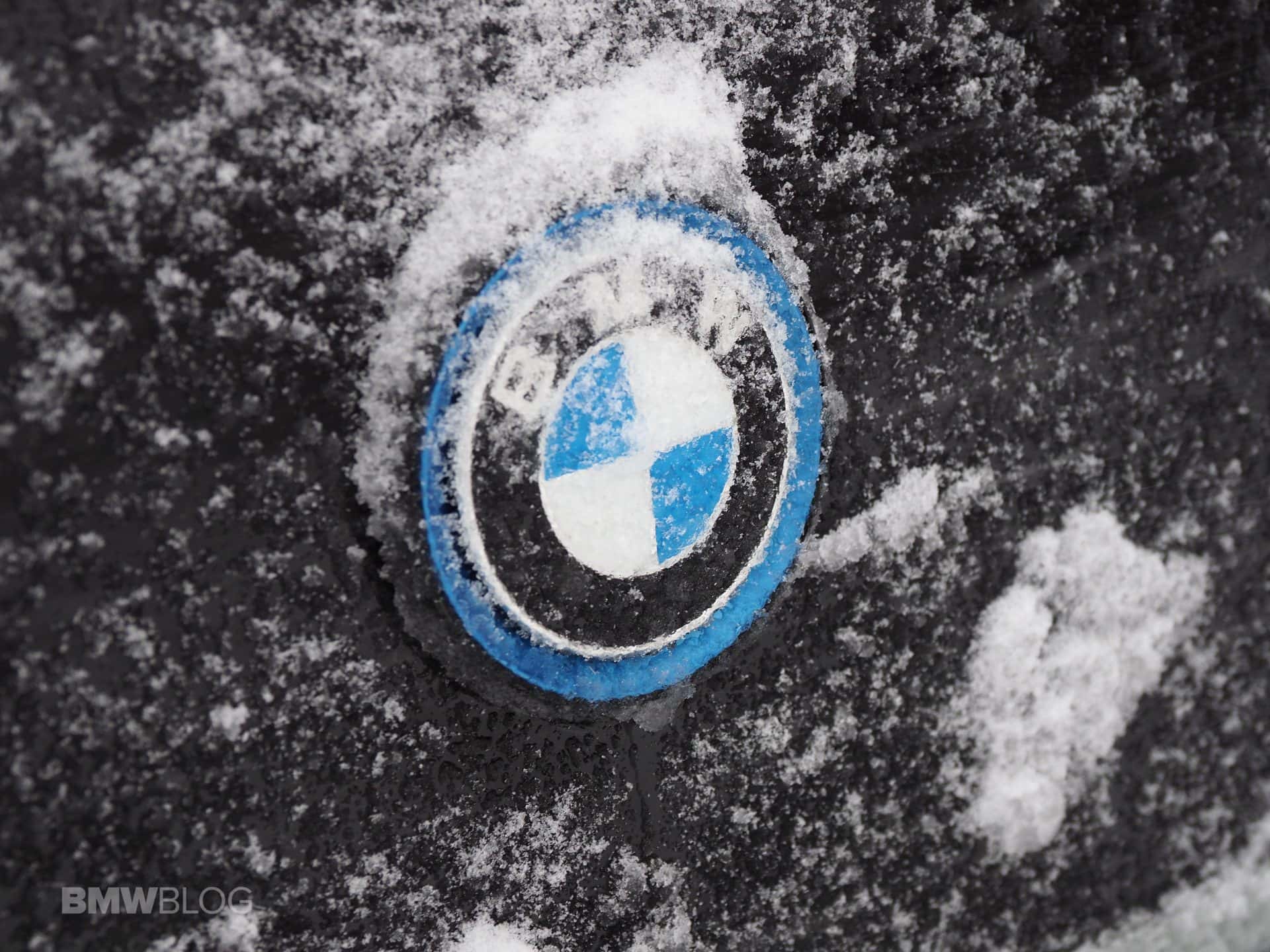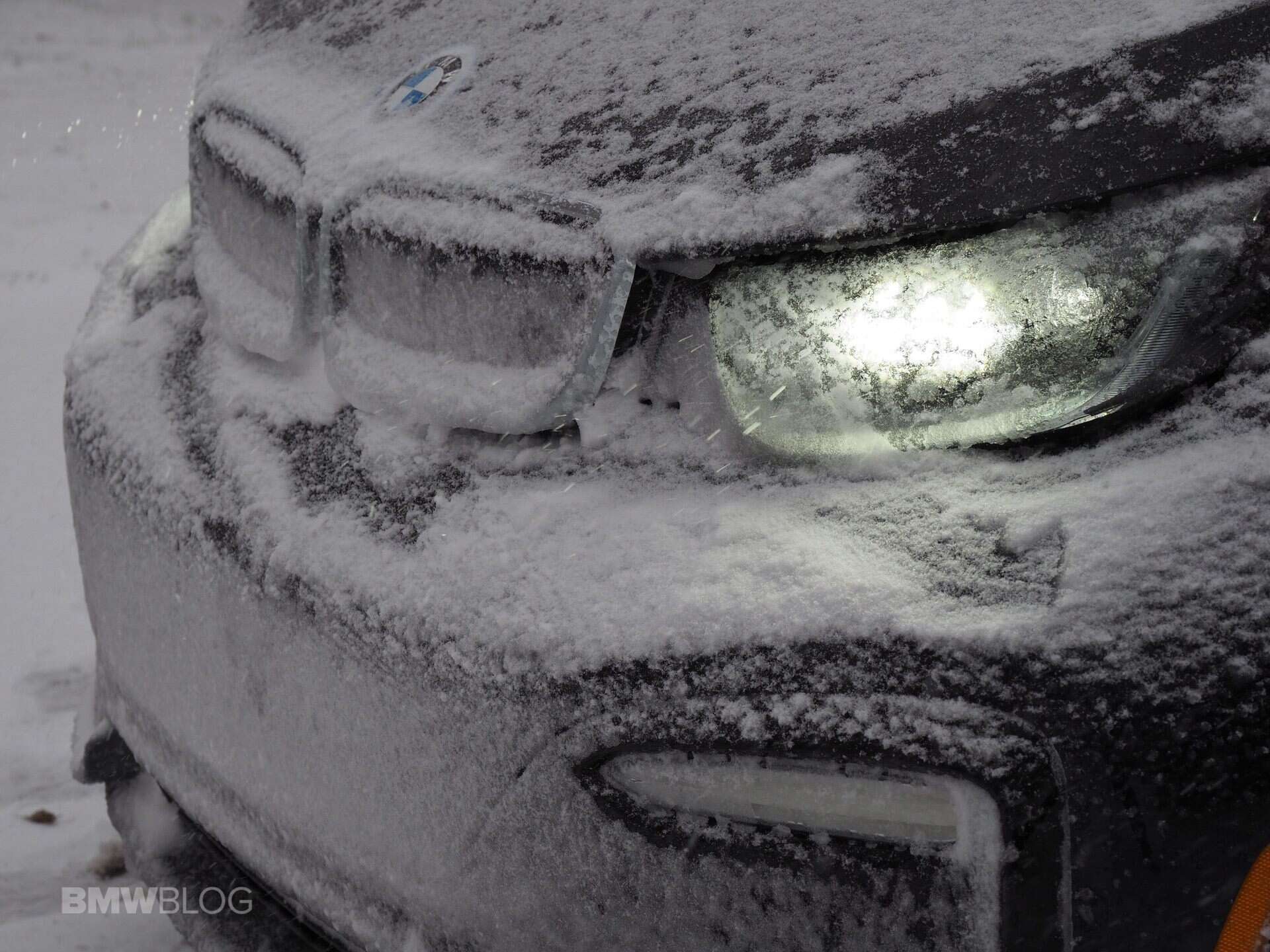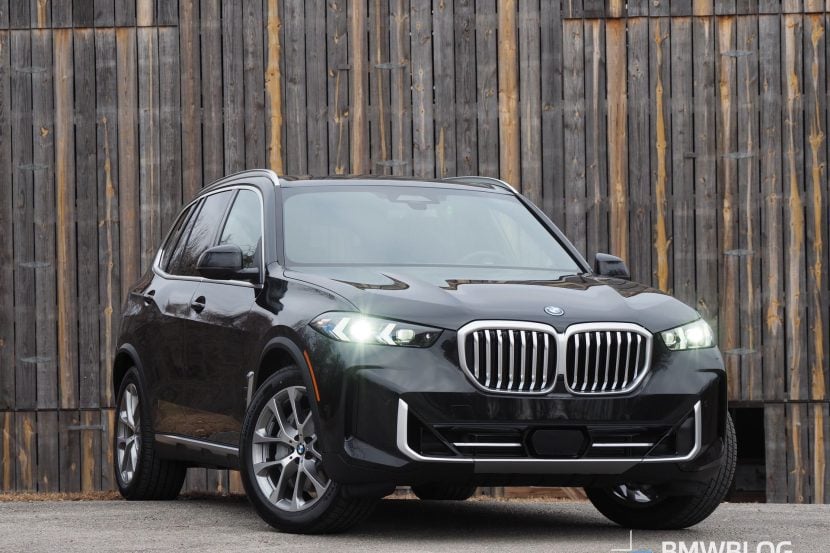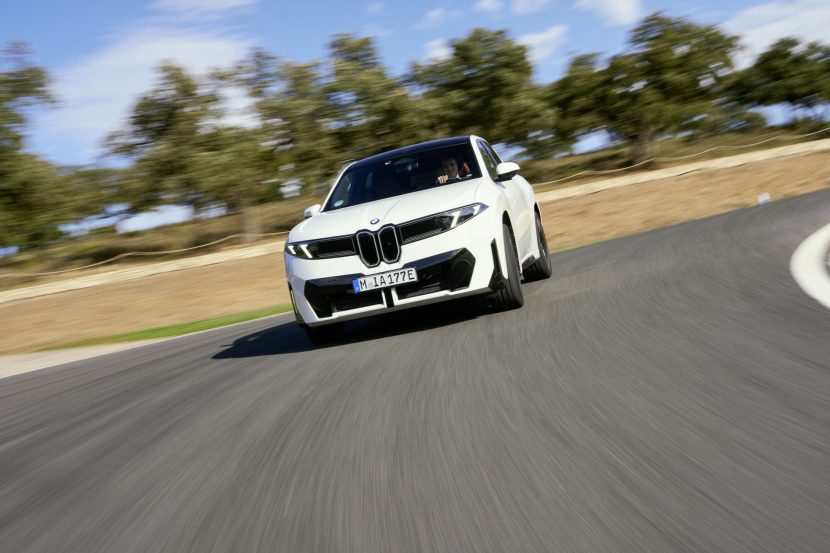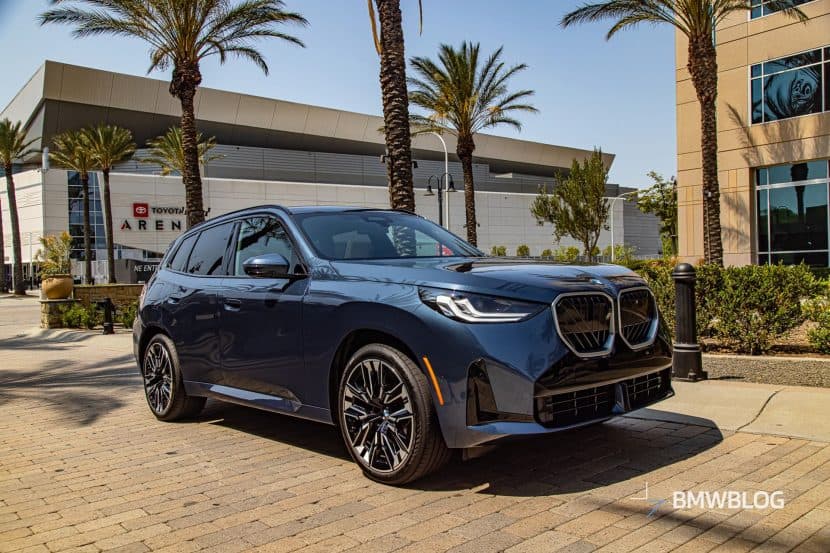I was recently at a BMWCCA Cars & Coffee with our 2018 BMW i3s and it was a typical freezing cold day in January. One of the chapter officers came up and asked me” “Do you really drive this every day, even in the winter?” “Absolutely,” I said. “With a set of dedicated snow tires and wheels, we have had no problems.”
I live in the Midwest and we get some pretty nasty winter weather with temperatures down to -5F/-20C and plenty of snow every winter. In fact, we have been daily driving a BMW i3 since 2014 when they first came out.
Before I jump into my winter driving experience with the BMW i3s, here are a few tips I compiled over the years:
Winter EV Driving Tips
- Keep Fully Charged
- Precondition the battery and cabin
- Use seat heaters more than cabin heat
- Wear a coat and gloves
- Use snow tires
Without a doubt, there are some differences living with an electric vehicle in the winter compared to an internal combustion car. Once you keep these in mind though, I actually find an electric car to be a great daily driver in even the worst snow and ice that winter has thrown at us. I have a job where it does not matter how bad the winter weather is, you have to get to work.
The BMW i3s has never let me down.
Electric Range In The Winter
I must admit, the first winter, I had some trepidation to what it would be like to rely on our BMW i3 BEV to get to work. Batteries, after all, can get pretty cold in the winter and when they get really cold they are less efficient. Plus electric vehicles use the battery to heat the cabin, which can be more problematic the colder it becomes.
Thus, range subsequently can be impacted. How much really depends on how cold it is and what your state of charge is on your EV.
I find, especially in the winter, it is important to keep your electric car charged up for an extra safety buffer. This is true even if you have a Range Extender i3 (i3Rex). The reason is that when batteries are freezing cold, they are slow to charge as well.
BMW does allow you to set a time to “pre-condition” your car where you can use electricity from being plugged into warm up the battery pack, so when you set out the batteries are at optimal temperature and the cabin of the car is already warmed up.
You can also trigger preconditioning with your mobile app whenever you want. This preconditioning helps lessen the impact of the cold weather on the i3’s range and is highly recommended in the worst winter weather.
Interestingly, BMW graphically shows on the i3’s dashboard that max acceleration and even regen sides are limited until the battery warms up. This means when you mash on the accelerator, the output/acceleration can be much slower than what you are used to.
Again, BMW shows you how much it will be limited, but it is definitely a good thing to keep in mind when you want to merge on the freeway or if you want to blow someone off the line.
Dress Appropriately
This sounds weird but here it goes.
Wearing your coat and gloves in the i3 in the winter will help you go farther. How so? If you stay warm, you need less cabin heat and less energy is taken from the battery pack to heat the car and is available for propulsion. I find using the heated seats is a big help.
The only knock I have on the BMW i3 does not have a heated steering wheel. Also, the i3 for some reason likes to easily fog its windows, necessitating blasts from the defroster. Also, wearing a coat, I let off less body heat and find I fog the windows less.
Now that we are beyond Generation 1 of the BMW i3’s battery pack (Model Year 2014-2016), I have had much less range anxiety and less concern about using heat in the winter. The reason is the greater overall range of the 96 Ah battery pack with 33kWh is about 120 miles.
The current 120 Ah battery pack has 42 kWh and range up to 153 miles. Our commute is less than 50 miles a day, in the winter even with a severe impact of the cold, we have no problems using our i3. A 2014-2016 BMW i3 60 Ah (22 kWh battery), though, in the severe cold is going to be negatively impacted the most.
You Do Need Winter Tires
If I had one other “pro tip” for living with an i3 in the winter is to make sure you have winter tires. Our 2018 i3s came with 20 inches sport tires for maximum grip in a corner, but those tend to do terribly in the snow. Snow tires for the BMW i3 only come in 19 inches so we had to use a dedicated set of winter wheels.
During our six winters with the BMW i3s, we have driven on Hakkapelitta winter tires and Bridgestone Blizzak LM500 and found that both work great. Here’s a comparison article we did on those winter tires for the i3 here if you are interested.
With the winter tires on our BMW i3 and during a huge winter storm, I literally zipped right around SUVs stuck going uphill who gave me quite a look.
Keeping our BMW i3 fully charged, shod with snow tires and pre-conditioning has helped us navigate the worst midwest winters for the last 6 years. The best part about our i3 in the winter has been the preconditioning it to warm up the car before we even get in it.
Nothing like booking across a freezing parking lot and jumping in a warmed up car and knowing my BMW i3 can get me to home or work with no problems.


